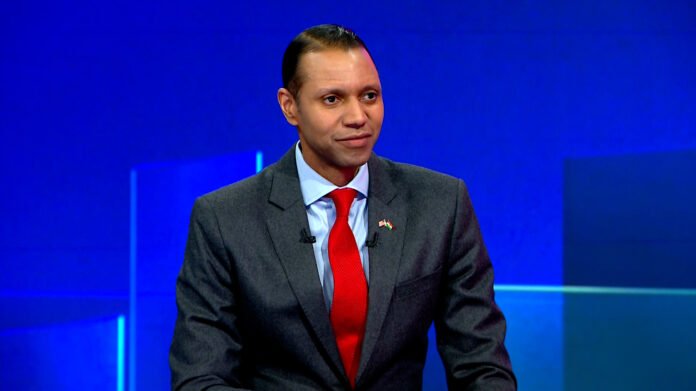The oil sector faces turmoil as the Association of the Petroleum Industry of Kurdistan (APIKUR) urges swift reforms. Clear payments echoes throughout this tense situation, shaping the demands of oil companies and guiding hopes for the region’s energy future.
APIKUR insists on clear payments before resuming oil exports from the Kurdistan Region. They warn that the halted pipeline causes losses of almost $1 billion each month. This standoff also freezes about $400 million in investments. APIKUR wants swift action to fix the crisis, stressing that oil exports remain crucial for the economy.
Tensions grew higher after a recent attack on a private oil facility. Col. Myles B. Caggins III, APIKUR’s spokesperson, slammed the attack. He declared that perpetrators must face justice. Leaders, he noted, promised thorough investigations. Yet oil companies still fear more threats while hoping for safety guarantees.
APIKUR refuses to blame the government for the violence. However, they fear that rogue groups could disrupt delicate oil deals. While officials negotiate new contracts, any violence casts doubt on progress. Col. Caggins said the security environment can change quickly. A deadly attack might strike in the morning, but deals can still be signed that afternoon.
APIKUR’s eight member companies invested over $10 billion in the Kurdistan Region since 2005. They stayed committed through past crises, including battles against ISIS. However, rising threats now force companies to review risks daily. Each company decides independently if operations can continue safely. The danger of fresh attacks remains real.
APIKUR’s biggest concern stays focused on clear payments. Oil companies want signed contracts to ensure money arrives on time. They demand either direct cash or oil barrels as payment. They want every deal written, stamped, and signed to avoid financial surprises. APIKUR suggests an escrow system through an international bank, separate from local banks, to guarantee money flow.
Col. Caggins pointed out that the economy would benefit from selling oil abroad. Global markets pay about $70 per barrel, while local sales fetch only $30. Thus, restoring exports would bring in more revenue, helping pay salaries and boost infrastructure.
He warned that disputes between Erbil and the central government should not block business. APIKUR’s companies remain ready to export oil as soon as deals get signed. They believe clear payments can unlock the region’s full energy potential.
Signs of hope emerged recently. Kurdish leaders met foreign diplomats to discuss the pipeline reopening. APIKUR welcomed these talks but stressed the need for written agreements. Col. Caggins urged all parties to stay at the table. He hopes deals can be finalized soon and restart oil flows.
APIKUR also works with international partners like the US and Britain. They push for secure conditions and fair oversight. The group supports hiring independent auditors to check production numbers and costs. APIKUR’s companies promise full cooperation during any reviews. They stand firm on honoring existing contracts under the law.
APIKUR accepts the federal budget law and has proposed oil export principles in line with Article 12. Yet without written deals, companies hesitate to invest further. Once contracts appear, APIKUR members plan to drill new wells and raise production. They share the goal to grow exports from 4 million to 6 million barrels per day.
Col. Caggins remains hopeful. He praised leaders for showing new resolve. They now understand that selling oil internationally can fund salaries and services. He repeated that clear payments remain the gateway to economic recovery.
With oil’s global value rising, APIKUR believes that restarting exports swiftly is crucial. The future of the oil industry now hangs on written deals and guarantees of clear payments.

